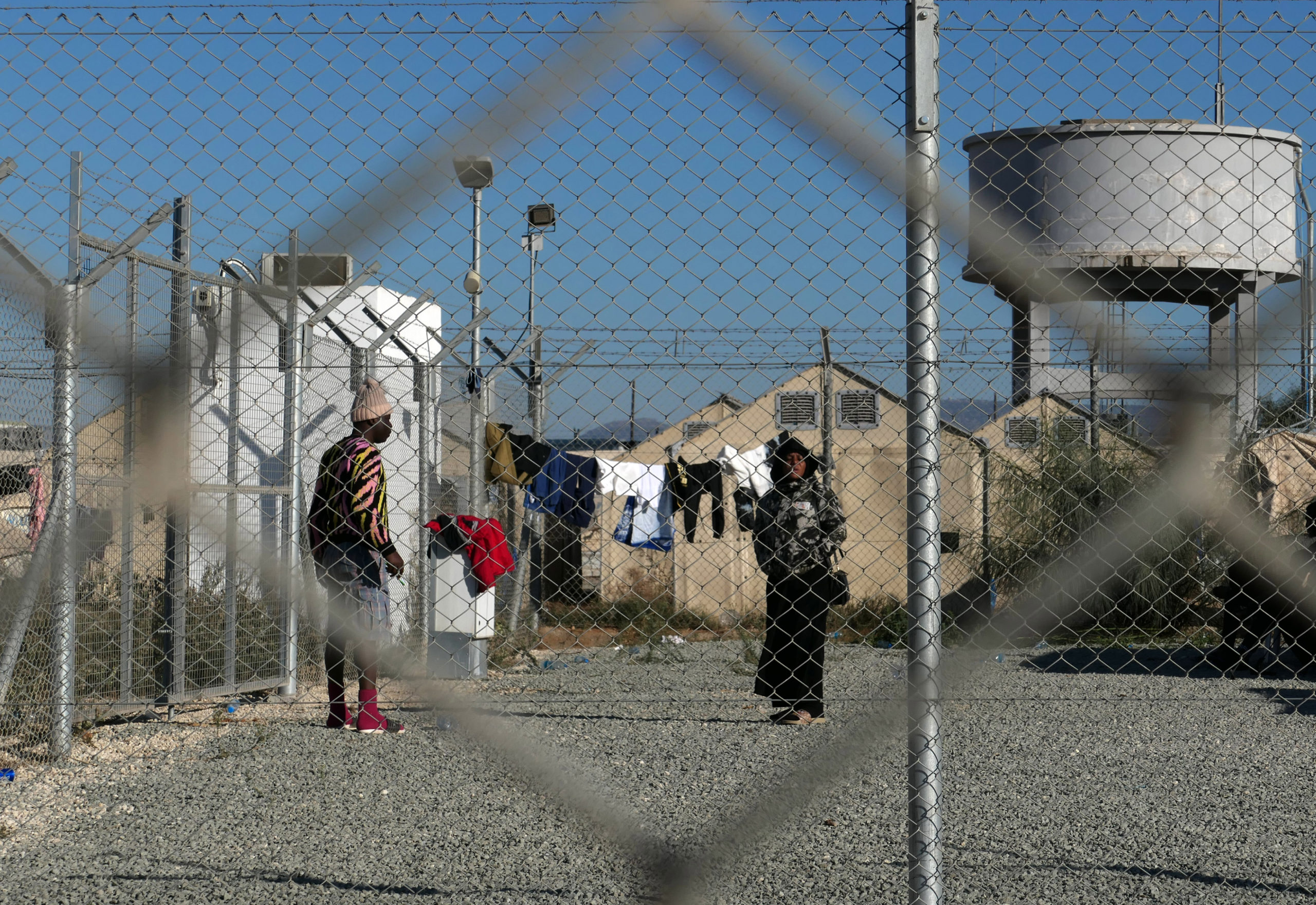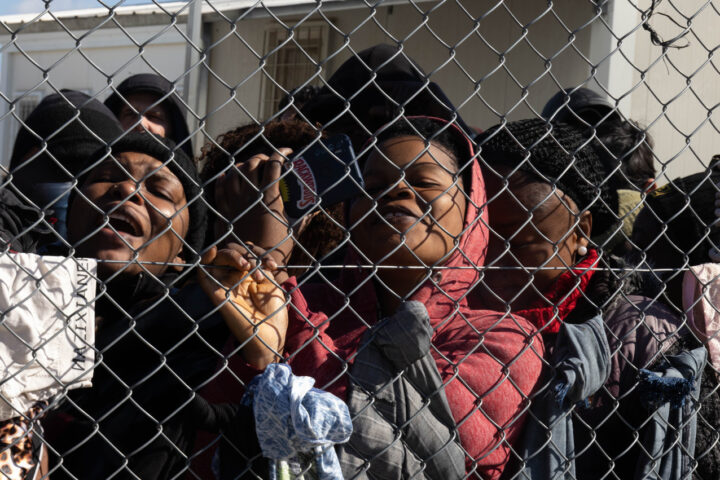Cypriots have first-hand experience of what it is to be a refugee, an orphan of conflict needing a helping hand to rebuild stolen lives.
In past decades, Cypriots have been the unwanted migrants arriving in a foreign land seeking to start afresh with a chance to work and provide for a family.
Like thousands of others, I am a first-generation son of an immigrant born in the UK of Cypriot parents.
During the first wave of migration in the 1950s, Cypriots were not welcomed off the boat with open arms.
They were seen as outsiders in a racist society, foreigners who couldn’t be trusted, given manual jobs that nobody else wanted to do.
It is no longer the Cypriot experience in a remodelled Europe, but many more are running from conflict, famine, and persecution.
Cyprus has its personal baggage to carry on a war-torn island of mistrust, suspicion and political paranoia.
But this is no excuse for the government to stoke hatred for migrants by feeding into prejudices about being overwhelmed by the “foreign menace.”
Nicosia is on firmer ground to point out that it has limited resources to cope with the number of irregular migrants entering the country – mostly via Turkey.
It has a right to call for greater EU solidarity to offer frontline assistance on an island with the bloc’s highest percentage of asylum seekers.
There is a pandemic to deal with, inadequate facilities to accommodate large numbers of migrant arrivals and Ankara failing to cooperate as it does not recognise that Cyprus exists.
The government has plenty of valid arguments to make its case; it doesn’t need to resort to scaremongering or take a leaf from Europe’s extreme right in playing the race card.
Listening to government spokesman Marios Pelekanos was like stepping into a racist rant on how the purity of the Cypriot people was being “diluted” by the migrant hordes.
If Cyprus is trying to promote itself as an inclusive, diverse, liberal, democratic society, the government is embarrassingly out of touch.
People will search for something better if the world remains uneven in its wealth, unjust in its opportunities, randomly violent, unsafe, and repressive.
It’s an imperfect situation when the natural movement of governments is to close doors rather than open them.
Hate crimes
Protecting your own is understandable, but this should not be accompanied by out-of-context figures perpetuating prejudice and hate crimes.
Among the selected data given by Pelekanos following an emergency session on the “migrant crisis”, he chose to highlight that 30% of pre-school kids had a “migrant biography.”
For those in primary school, the migrant mix is 16%, although this could mean anything.
So, why say this? What is the implication?
Does the government want to suggest that only white, Christian Orthodox Greek Cypriots deserve a school education and that a racial or religious mix somehow lowers standards?
Should children who have suffered hardship and trauma be shunned and deported because we are in “demographic decay”.
Is the government sanctioning Greek Cypriot supremacy because it also wanted to point out that crime rates had shot up due to illegal migrants?
Everyone in the US, Canada or Australia has a migrant background; great economies are built on cheap migrant labour.
Cyprus is so eager to attract wealthy foreign investors there is a magnificent irony in its fear of non-Cypriot children “flooding” the school system.
Aren’t these wealthy investors also economic migrants looking for a tax haven refuge, or does being a rich migrant prevent you from being isolated and ostracised.
Whether deliberate or crassly irresponsible, the government has shown an incredible lack of compassion, sympathy or sensitivity for the plight of refugees.
It also seems impervious to the Black Lives Matter message and not discriminating based on gender, race, religion, or circumstance.
Sadly, the government sees no ethical conflict in calling out children for being non-Cypriot or realise that such language fuels hatred of foreigners by implying the soaring crime rate is their fault.
Funny that the government isn’t keen to discuss crime figures regularly or take a deep-sea dive into poor education standards.
It would rather blame the migrants in an attitude drenched in xenophobia that also seeps into the Cyprus problem.
The outsider is always the easiest target to condemn; they have no voice and don’t vote.










